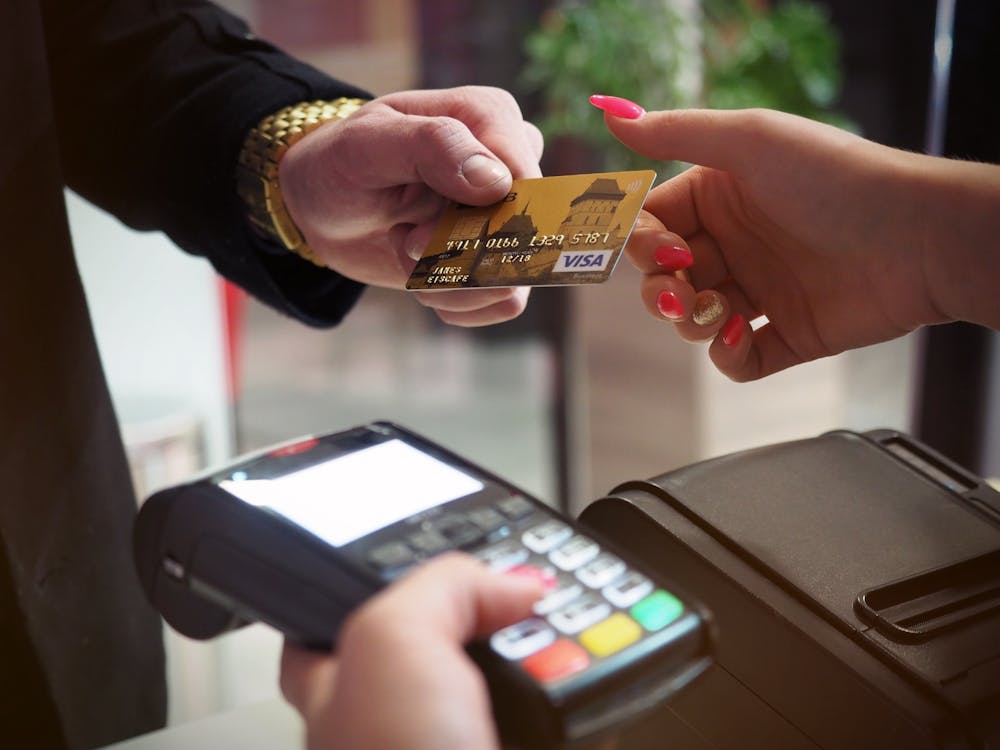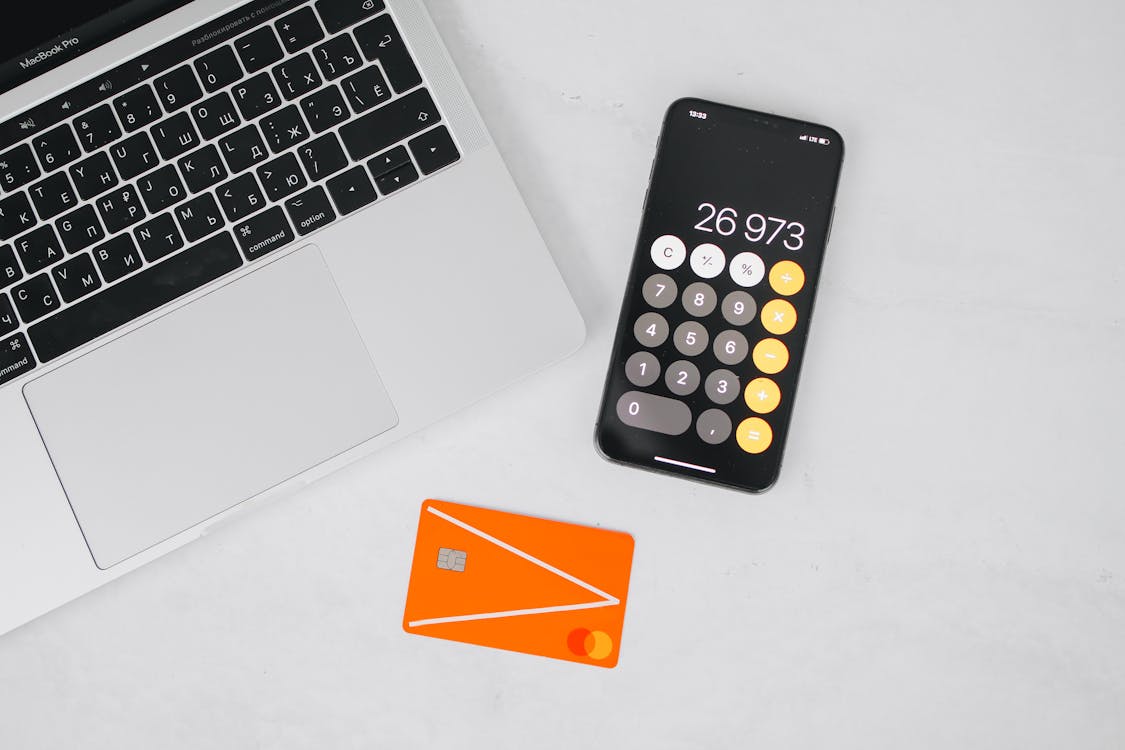Credit cards can be an indispensable financial resource when used responsibly, offering convenience, flexibility and rewards programmes. However, their misuse can cause severe financial strain. Unmanaged debt could spiral out of control quickly and lead to high-interest charges, which threaten both your credit score as well as your overall economic well-being and mental peace.
Yet there’s good news – with proper strategies and commitment, credit card debt can be overcome and financial security reached. This comprehensive guide will provide you with all of the knowledge and tools you need to take control of your finances and work toward becoming debt-free in future.
Understanding Credit Card Debt
Credit card debt comes in two primary forms: revolving and non-revolving debt.
Revolving debt is the most prevalent form of debt and refers to unpaid balances that roll over month to month, like credit card bills or auto loans. Non-revolving loans, on the other hand, usually consist of fixed payments for a specified timeframe – like personal or car loans – while credit card debt may arise for various reasons, such as overspending, unexpected emergencies, or high-interest rates; any time an unpaid balance remains outstanding, more interest accrues which makes repayment even harder than originally planned.
To effectively tackle your debt, it is necessary to fully understand its nature and the factors contributing to its accumulation.

Tackling Credit Card Debt: Effective Strategies:
Following are the strategies to tackle credit card debt most smartly:
Assessing Your Debt Situation
Before you jump into the battlefield of debt repayment, you need to know your enemy. Start by totalling all your credit card balances and noting their interest rates and minimum monthly payments. Next, closely examine each statement to identify any hidden fees or errors that might be inflating your debt burden. Having accurate information is your first step towards crafting a solid debt repayment plan.
Creating a Budget
You know, budgets aren’t as scary as they seem. They’re more like your financial GPS, showing you the way to a debt-free destination. Start by listing your income sources, like your salary or any side gigs you have. Then, list your monthly expenses, from rent or mortgage to groceries and entertainment. This step gives you a clear picture of your financial landscape and sets the stage for effective debt management.
Reducing Expenses
Now, let’s get practical. Reducing expenses is your secret weapon to free up cash for debt repayment. There are countless ways to cut back, from cooking meals at home instead of dining out to cancelling subscriptions you hardly use. It’s all about being a savvy spender. Every dollar you save can go towards chipping away at that debt.
Increasing Income

Cutting expenses is great, but why stop there? Boosting your income can turbocharge your debt payoff journey. Think about part-time jobs, freelancing, or selling stuff you no longer need. Every extra dollar you make should be treated as a debt-slaying superhero swooping in to save the day.
Prioritising Debts
When you’re juggling multiple credit card debts, it’s important to have a game plan. Two popular strategies are the debt snowball and debt avalanche. The debt snowball is like a small win that keeps you motivated as you pay off the smallest balances first. On the flip side, the debt avalanche focuses on the high-interest debts first, saving you more in the long run. Pick the one that vibes with your financial goals and patience level.
Negotiating with Creditors
Don’t be shy about reaching out to your creditors. They can be surprisingly helpful in finding solutions. You can negotiate for lower interest rates, reduced monthly payments, or even a settlement. Just be upfront about your situation and come to the table with realistic proposals. Many creditors prefer seeing you pay something consistently over nothing at all.
Consolidating Debt
Debt consolidation is like merging lanes on the highway – it can make your journey smoother. It involves rolling all your high-interest debts into one lower-interest payment. This can save you money and simplify your payments. But remember to read the fine print and check for any fees that might tag along.
Building a Savings Cushion

While your primary focus is conquering credit card debt, don’t forget to build an emergency fund. It’s your safety net for unexpected expenses. Start small and gradually save up at least three to six months’ worth of living expenses. An emergency fund adds peace of mind to your debt-busting journey.
Staying Motivated
Tackling credit card debt can be a marathon, so you’ll need some motivation along the way. Celebrate milestones, whether it’s paying off a card, hitting a specific debt reduction goal, or sticking to your budget for a month. Recognizing your achievements keeps you pumped up.
Seeking Professional Help
Credit card debt may seem insurmountable at times. When this happens, professional help should be sought to alleviate it. Credit counselling agencies and financial advisors can be your guiding stars. They help you negotiate with creditors, structure a debt repayment plan, and provide financial education. Just make sure to choose reputable experts for the best results.
Additional Tips for Debt Repayment:
- Avoid Using Credit Cards: While paying off debt, refrain from using credit cards for new purchases. This will prevent accumulating more debt.
- Negotiate Interest Rates: Contact your credit card companies and negotiate lower interest rates. Explain your commitment to paying off your debt.
- Make Extra Payments: Whenever possible, make extra payments towards your debt. This will reduce your balance and interest charges faster.
- Seek Support: Share your debt repayment goals with friends, family, or support groups. Their encouragement can help you stay motivated.

Final Note
Credit card debt management is like embarking on an exciting financial adventure. While it may be challenging, with proper planning and resolve you can successfully navigate to a debt-free future. Remember, it’s more than numbers; it’s about taking back control over your life! Stay committed to your budget, cut unnecessary expenses, and celebrate every small victory. Seek help when needed, build an emergency fund, and keep your motivation high.
As you progress, you’ll find that the weight of debt becomes lighter, and the horizon of financial stability draws nearer.
Your journey to a debt-free life is entirely within reach.




GIPHY App Key not set. Please check settings